In this month’s round-up of the latest in world literature, our editors bring vital texts addressing faith, (false) mythologies, desire, migration, and Indigenous culture to the forefront: a collection of penetrating, prismatic poems from the lauded Egyptian poet Iman Mersal; from South Korea’s Lee Geum-yi, a fiction that tells the long-silenced stories of women crossing the seas to be wed to strangers; and a new collection of poetry, documenting Ojibwe lives, by eminent writer Linda LeGarde Grover. Read on to find out more!
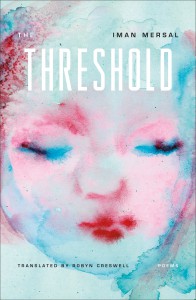
The Threshold by Iman Mersal, translated from the Arabic by Robyn Creswell, Farrar, Straus and Giroux, 2022
Review by Alex Tan, Senior Assistant Editor
Perhaps it begins with a search. The Egyptian poet Iman Mersal returns to her homeland in hopes of procuring a book by Saniya Saleh, an elusive writer no one seems to have heard of. Instead she finds a table, piled with the canonized words of men; nowhere in sight is the person she seeks: a wife, sister, and mother, who can only secondarily be a writer in her own right. “I don’t know how she likes to see herself,” she laments in a wandering essay. Left with the “wasted potential” of what survives, she can imagine only a voice of muted cadence, “a whispered song of mourning which slips through to me amid the din of revolutionaries’ rabble-rousing slogans, of warriors intent on victory, of those broken by defeat angrily denouncing state, dictator and society.”
A similar quality of whispering, of slipping through, inhabits Iman Mersal’s angular The Threshold, a collection of poetry translated delicately by Robyn Creswell in conversation with the poet herself. In the titular piece, a collective biography of sorts charts a path through the streets and labyrinthine hypocrisies of Cairo in the nineties: “one long-serving intellectual screamed at his friend / When I’m talking about democracy / you shut the hell up.” Elsewhere a speaker ventures, “Let’s assume the people isn’t a dirty word and that we know the meaning of en masse.” Yet this momentary compact reveals its own fragility; language with all its alibis and forms of subterfuge seems a poor vessel, too riddled with holes to hold “all the wasted days” and the “nights / of walking with hands stretched out / and the visions that crept over the walls.”
Mersal’s work is unafraid of its own promontories and edges. Often, the writing advances a crepuscular view of the self, ever-partial and shrouded in semi-obscurity, divided from its figurations. The opening poem dryly declares, “I’m pretty sure / my self-exposures / are for me to hide behind.” Her name, which contains the Arabic for “faith” and “messenger,” is too “musical” for “a body like my body / and lungs like these—growing raspier / by the day.” On what map might we locate the trembling contours of that occluded life, “whose existence I’ve never been sure of,” and which appears to “have neither past nor future” in an encounter with a stranger, on whose shoulder she accidentally falls asleep? How unwieldy it feels in its bulk, how relentlessly it has been anatomized, in spite of its wispy resistance to measurement:
This is the life into which more than one father stuffed his ambitions, more than one mother her scissors, more than one doctor his pills, more than one activist his sword, more than one institution its stupidity, and more than one school of poetry its poetics.

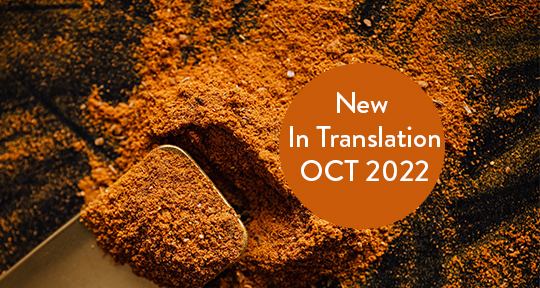
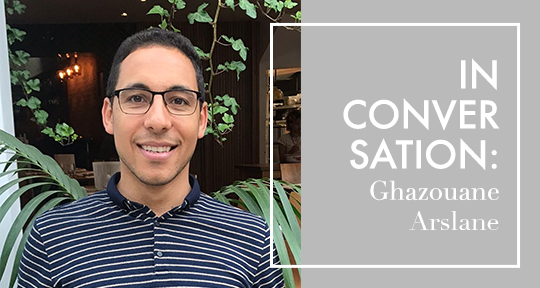
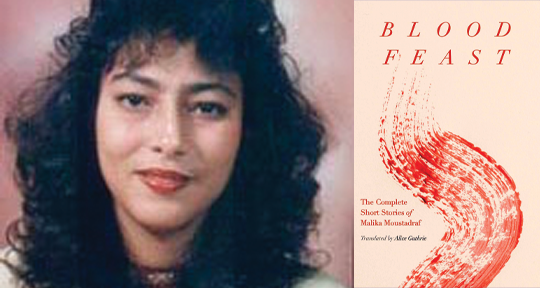
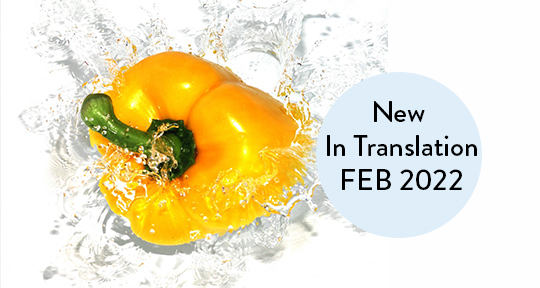
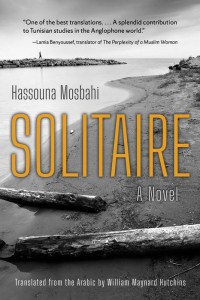
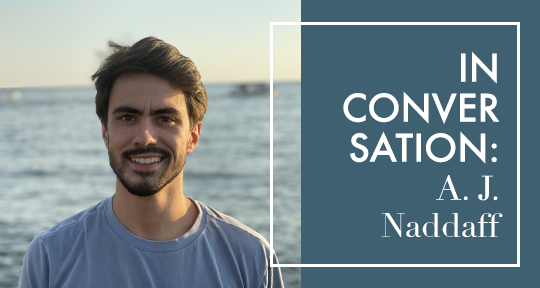


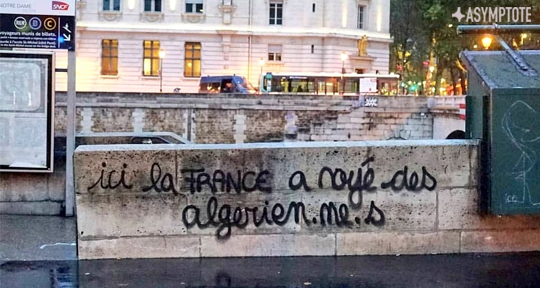
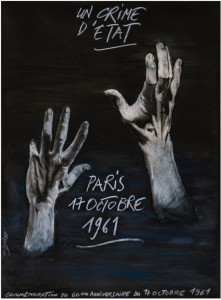
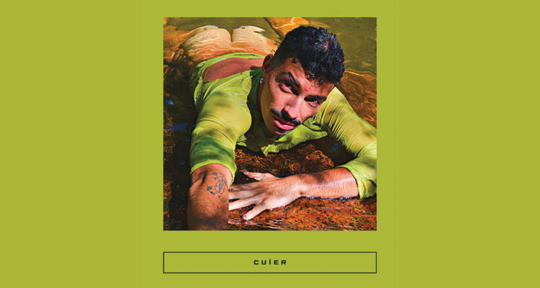
What’s New in Translation: August 2021
New work this month from Lebanon and India!
The speed by which text travels is both a great fortune and a conundrum of our present days. As information and knowledge are transmitted in unthinkable immediacy, our capacity for receiving and comprehending worldly events is continuously challenged and reconstituted. It is, then, a great privilege to be able to sit down with a book that coherently and absorbingly sorts through the things that have happened. This month, we bring you two works that deal with the events of history with both clarity and intimacy. One a compelling, diaristic account of the devastating Beirut explosion of last year, and one a sensitive, sensual novel that delves into a woman’s life as she carries the trauma of Indian Partition. Read on to find out more.
Beirut 2020: Diary of the Collapse by Charif Majdalani, translated from French by Ruth Diver, Other Press, 2021
Review by Alex Tan, Assistant Editor
There’s a peculiar whiplash that comes from seeing the words “social distancing” in a newly published book, even if—as in the case of Charif Majdalani’s Beirut 2020: Diary of the Collapse—the reader is primed from the outset to anticipate an account of the pandemic’s devastations. For anyone to claim the discernment of hindsight feels all too premature—wrong, even, when there isn’t yet an aftermath to speak from.
But Majdalani’s testimony of disintegration, a compelling mélange of memoir and historical reckoning in Ruth Diver’s clear-eyed English translation, contains no such pretension. In the collective memory of 2020 as experienced by those in Beirut, Lebanon, the COVID-19 pandemic serves merely as stage lighting. It casts its eerie glow on the far deeper fractures within a country riven by “untrammelled liberalism” and “the endemic corruption of the ruling classes.”
Majdalani is great at conjuring an atmosphere of unease, the sense that something is about to give. And something, indeed, does; on August 4, 2020, a massive explosion of ammonium nitrate at the Port of Beirut shattered the lives of hundreds of thousands of people. A whole city collapsed, Majdalani repeatedly emphasises, in all of five seconds.
That cataclysmic event structures the diary’s chronology. Regardless of how much one knows of Lebanon’s troubled past, the succession of dates gathers an ominous velocity, hurtling toward its doomed end. Yet the text’s desultory form, delivering in poignant fragments day by elastic day, hour by ordinary hour, preserves an essential uncertainty—perhaps even a hope that the future might yet be otherwise.
Like the diary-writer, we intimate that the centre cannot hold, but cannot pinpoint exactly where or how. It is customary, in Lebanon, for things to be falling apart. Majdalani directs paranoia at opaque machinations first designated as mechanisms of “chance,” and later diagnosed as the “excessive factionalism” of a “caste of oligarchs in power.” Elsewhere, he christens them “warlords.” The two are practically synonymous in the book’s moral universe. Indeed, Beirut 2020’s lexicon frequently relies, for figures of powerlessness and governmental conspiracy, on a pantheon of supernatural beings. Soothsayers, Homeric gods, djinn, and ghosts make cameos in its metaphorical phantasmagoria. In the face of the indifferent quasi-divine, Lebanon’s lesser inhabitants can only speculate endlessly about the “shameless lies and pantomimes” produced with impunity. READ MORE…
Contributors:- Alex Tan
, - Fairuza Hanun
; Languages: - French
, - Hindi
; Places: - India
, - Lebanon
; Writers: - Charif Majdalani
, - Geetanjali Shree
; Tags: - Beirut 2020 explosion
, - diary
, - disaster
, - Indian Partition
, - motherhood
, - recovery
, - social commentary
, - trauma
, - womanhood